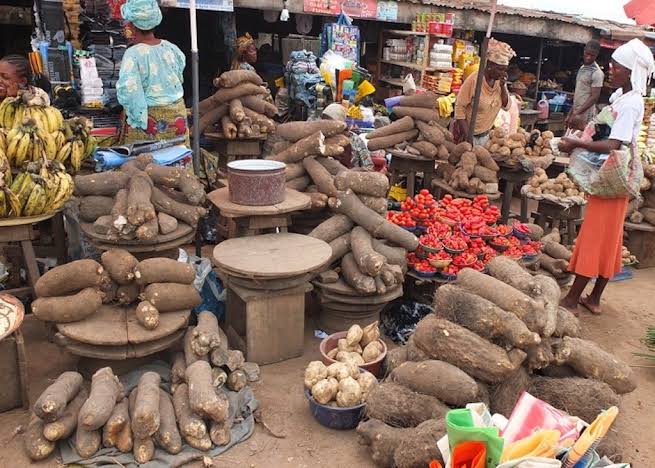By Charles Ebi
In January 2024, Nigerians’ consumer credit increased by 12% to almost N4 trillion as citizens resorted to loans to contend with a high cost of living.
This was disclosed by the Central Bank of Nigeria ,CBN, in its latest monthly economic report which put that the total consumer credit outstanding increased to N3,823 billion (N3.823) trillion in January 2024.
The report further explained that a disaggregation of consumer credit revealed, that personal loans increased by 14.3% to N3.028 trillion from N2.649 trillion in December 2023.
Retail loans rose by 4% to N795 billion, as personal loans accounted for 79% of consumer credit, while retail loans accounted for 21%.
Consumer credit, as a share of total credit from Online Data Capture Systems ,ODCs, however, declined to about 7%, from 8% in the preceding month, the report added.
The sharp increase in demand for these lending applications is a sign of how seriously the persistent inflationary pressures are affecting Nigerians’ everyday lives, particularly for those who are already struggling with tight budgets.
This will likely increase in subsequent months as the headline inflation rate as provided by the National Bureau of Statistics ,NBS, hit 33.95% in May, forcing the apex bank to hike the interest rate consecutively to 26.25%.
The rising inflation has since seen Nigerians grappling with the effect of the worst economic crisis, as the cost of living escalates.
To arrest the continued surge in inflation, this year alone, the CBN increased its interest rate by 750 basis points from 18.75% to 26.25%, as it believes that the interest rate is its core tool to target inflation.
The Governor of the CBN, Mr Yemi Cardoso at the last Monetary Policy Committee ,MPC, meeting, noted that his advocacy for higher interest rates reflects a determined approach to combating inflation and ensuring economic stability.
“We must also not lose sight of the fact that inflation is the major problem. A tighter monetary policy stance with the accompanying higher interest rates is a policy tool we have at our disposal to solve the problem from a monetary angle, even as we admit that there are structural issues that must also be addressed alongside by various stakeholders”.
However, he acknowledged that both the monetary and structural challenges need to be addressed in Nigeria’s economic landscape.





